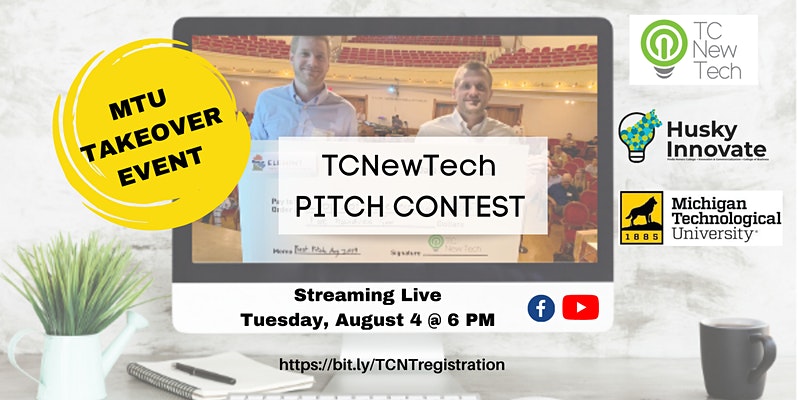
Are you ready to vote? Are you registered? Do you have questions about voting? Visit the Michigan Tech voter registration drive on Tuesday, September 22, from noon-3 p.m. Bring a valid driver’s license/state ID and a mask, and make sure you know the last four digits of your Social Security Number.
Michigan residents who are unable to make it to the Voter Registration Day event can register to vote online until Monday, Oct. 19. They may also visit any Michigan Secretary of State office. Residents of all states can find voter information at http://www.vote411.org
Last year, Michigan Tech was awarded a bronze seal for excellence in voter engagement, but there’s still a long way to go.
“The (Washington Monthly) listing reflected a significant increase in voter registration, But MTU is still well below our peers. I’d like to increase our numbers so we are above the national average,” said Zach Olson, USG’s Political Affairs Committee chair and a recently named fellow of the Campus Election Engagement Project.
So: visit the drive if you’re not registered to vote, or have questions. And vote this November!
[Portions of this post were excerpted from Tech Today. Read the full article.]

